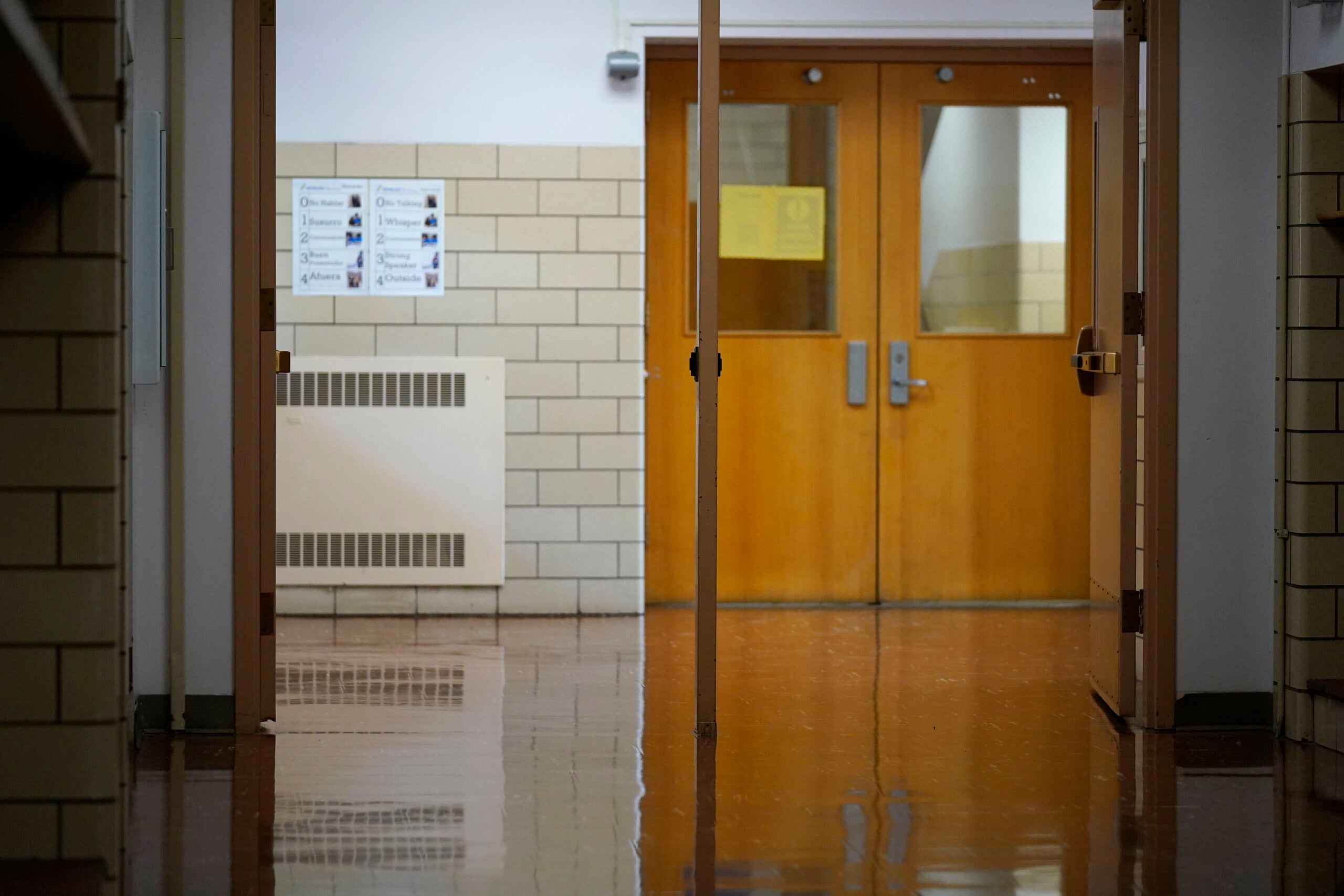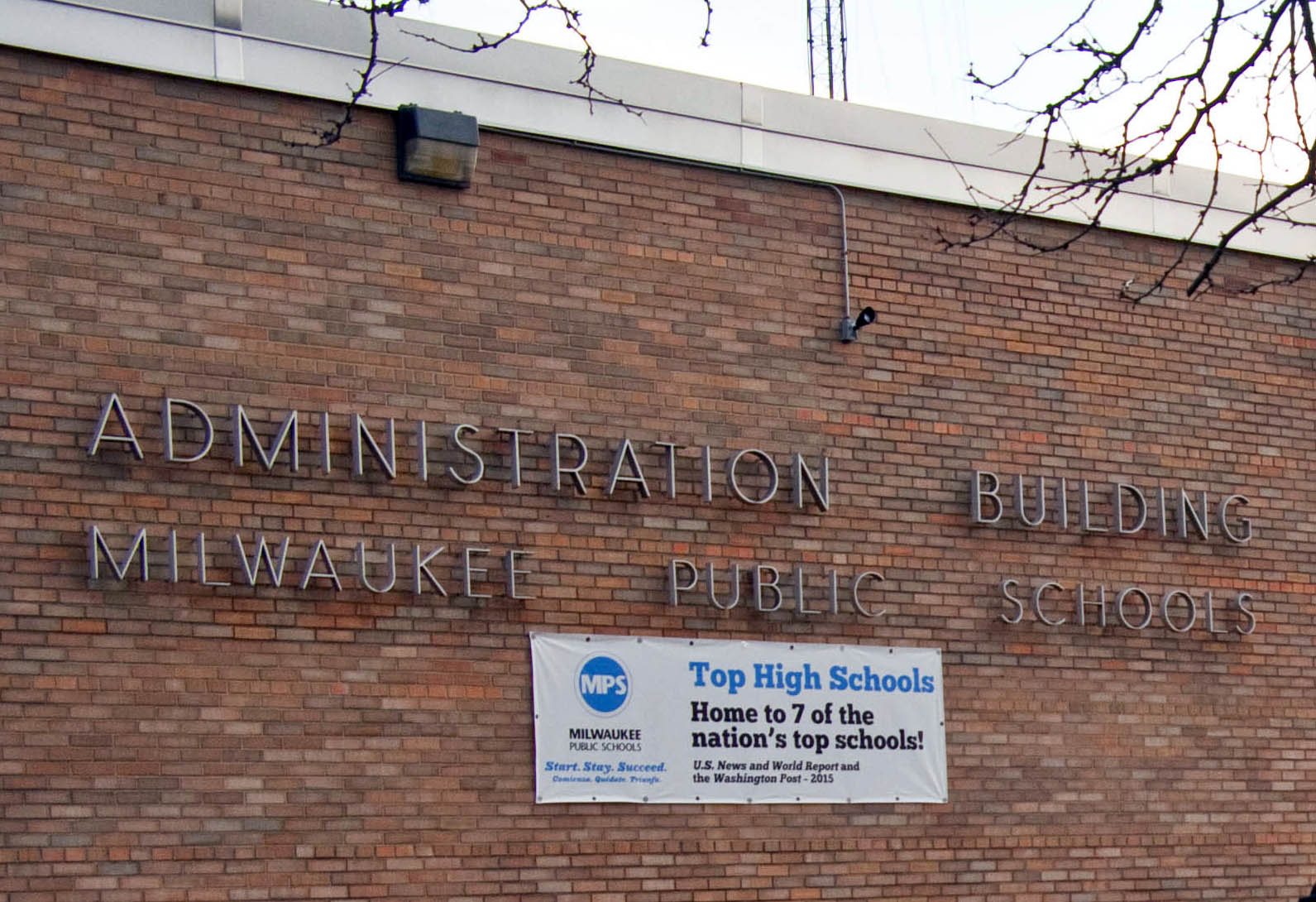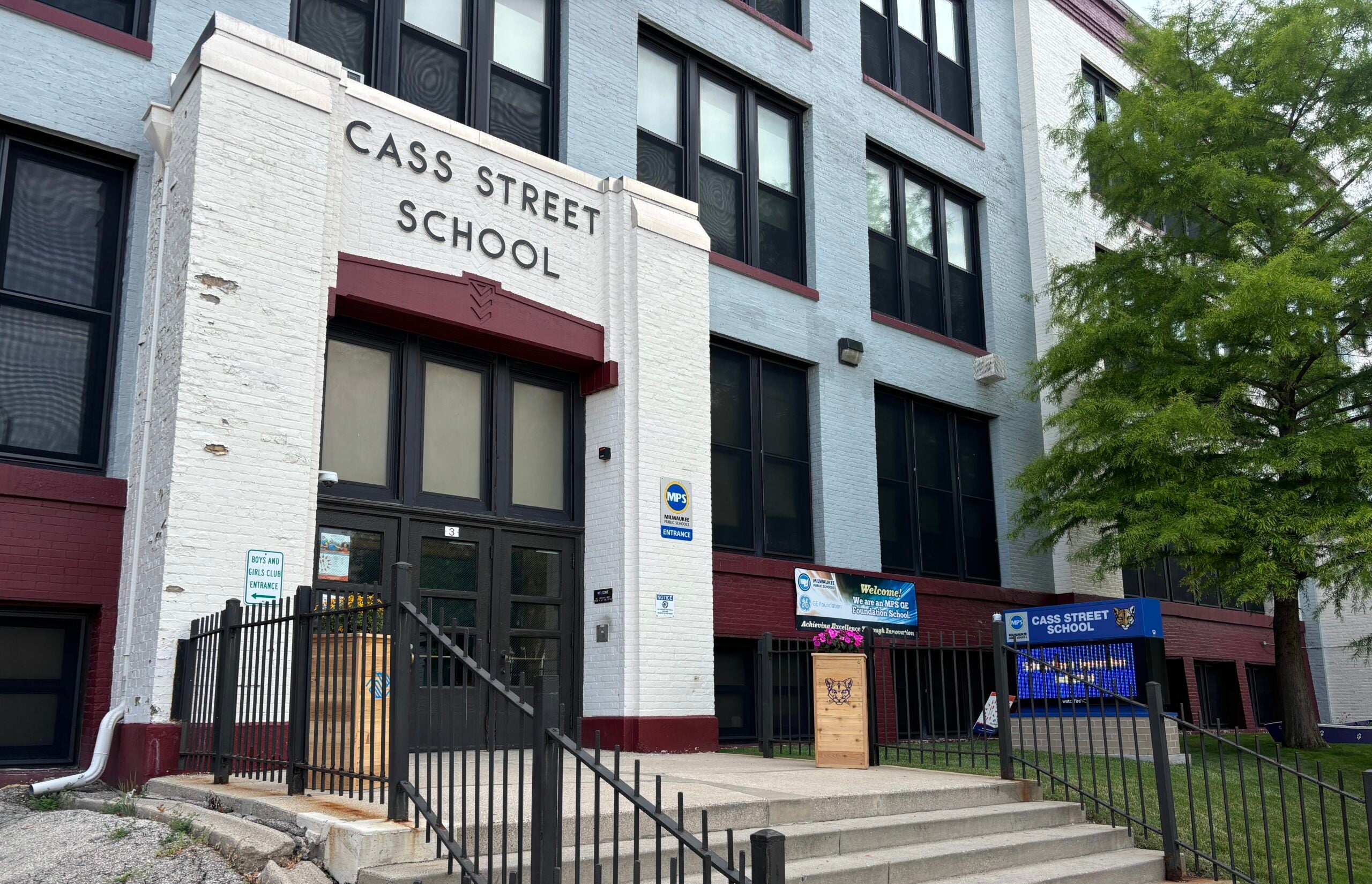The conservative legal group Wisconsin Institute for Law and Liberty filed a lawsuit against Milwaukee Public Schools for its union leave policy.
Under the policy, some employees can be “released with pay to engage in union-related activities for a maximum of 10 days per fiscal year.” It applies to the people who represent the union on a collective bargaining unit, and stipulates that union representatives make every effort to not miss work time scheduled by the district. For leave over 10 days, the policy allows the district to bill the union for the representative’s salary and benefits during that time
Lucas Vebber, WILL’s deputy counsel, said his organization is not challenging the over-10-day provision, only the paid leave up to 10 days that falls to the district.
Stay informed on the latest news
Sign up for WPR’s email newsletter.
“We don’t have an objection to the union being able to speak or advocate on behalf of its members at all, the objection here is to who pays for it,” he said. “Our goal would be for all this time to be reimbursed.”
Amy Mizialko, president of the Milwaukee Teachers Education Association, criticized the suit in an emailed statement.
“This frivolous lawsuit has one goal: to make it more difficult for MPS to function,” she wrote. “Their effort will do nothing to improve conditions for students or educators.”
The suit is being brought on behalf of Daniel Sebring, a former Milwaukee County supervisor, under his position as a taxpayer in Milwaukee County. In its initial notice of claim, WILL noted that Sebring “is required to provide financial support to labor union speech as a direct result of MPS’s union leave policy.”
WILL is seeking a declaration that Milwaukee Public Schools’ policy to grant paid leave up to those 10 days is unconstitutional, under the Wisconsin constitution’s free speech provision and public purpose doctrine.
“Public agencies need to be good stewards of our tax dollars, and there are certain lines that cannot be crossed — and in this case we believe the MPS policy crosses that line,” said Vebber. “We don’t have any objection to advocacy being made, the objection is, is that advocacy being subsidized directly or indirectly by government?”
Wisconsin Public Radio, © Copyright 2025, Board of Regents of the University of Wisconsin System and Wisconsin Educational Communications Board.


